 By Emily Zia
By Emily Zia
In 2020, after the horrific murder of George Floyd, the California state legislature created a task force to study and develop proposals for reparations for African Americans. Following more than two years of research, on June 29, 2023, the task force presented its final report to the legislature, recommending reparations for residents descended from enslaved or free African Americans who lived in the U.S. prior to 1900. The task force also recommended numerous policy and programs to address the structural racism and systemic inequality that African Americans have faced since being forcibly brought to the United states in 1619. Once their report was issued, the task force began asking for people and organizations to endorse their findings and recommendations, and I brought it to our EBCLO leadership team, who unanimously agreed to endorse it.
I had first learned about the task force from a family friend, Donald Tamaki, who was the only non-Black member of the California task force. Don and my mother, Leigh-Ann Miyasato, worked together as part of the team of civil rights attorneys who successfully overturned Korematsu v. United States, a Supreme Court case that initially found the government’s internment of Japanese Americans to be justified and lawful. The overturning of Korematsu then helped pave the way for the historic passing of the Civil Liberties Act of 1988, in which the federal government offered an official apology for the “fundamental injustice” of Japanese American internment and granted each surviving internee $20,000 in compensation. To this date, those reparations checks are the only ones ever issued to an ethnic group by the federal government.
As a result, the subject of reparations is one that has been deeply important to me—not only because of my mother’s work on Korematsu, but also for more personal reasons. I am a fifth generation Japanese American; my maternal family came from Japan to Hawai’i in the 1800s, and has remained in Hawai’i ever since. And yet, even in Hawaii where Japanese Americans make up a third of the population, my family felt the effects of discrimination during WWII. My grandmother experienced martial law, strict wartime rules for all of Hawai’i that were enacted as a result of the state’s large population of Japanese Americans. And my grandmother’s uncle, considered to be a leader in his Japanese American community, was arrested and sent to a concentration camp on the U.S. mainland.
Those traumatic experiences have left indelible marks on my family’s history. Even though my great-great-uncle had long passed away when the reparations were issued, that official apology means the world to me and the greater Japanese American community. The reparations and the official apology were vindicating, absolving, and absolutely burden-lifting for those interned. And that’s why I feel so strongly about reparations for Black Californians, and particularly for our EBCLO clients.
The task force’s final report delves into the far-reaching and devastating effects of slavery and how the terrible effects continue to reverberate today. There’s no way for me to summarize the 600+ page report, or even the 20-page executive summary. But a few paragraphs stood out to me particularly:
Scholars have found that racial discrimination exists at every stage of the child welfare process. The data show that when equally poor Black and white families are compared, even where both families are considered to be at equal risk for future abuse, state agencies are more likely to remove Black children from their families than white children. As of 2019, Black children make up only 14 percent of American children, and yet 23 percent of children in foster care. Studies have shown that this is likely not because Black parents mistreat their children more often, but rather due to racist systems and poverty. [. . .]
A 2015 study ranked California among the five worst states in foster care racial disparities. Black children in California make up approximately 22 percent of the foster population, while only six percent of the general child population, far higher than the national percentages. Some counties in California—both urban and rural—have much higher disparities compared to the statewide average. In San Francisco County, which is largely urban and has nearly 900,000 residents, the percentage of Black children in foster care in 2018 was more than 25 times the rate of white children. (Executive Summary 12-13).
These statistics are so clear. The child welfare system is only one example of a myriad of ways in which Black families have been actively discriminated against for centuries. Reparations and an official apology for African Americans is certainly not enough, but it would be an encouraging start. It has been done before, and we can do it again. Please join EBCLO in supporting and endorsing reparations in California.
